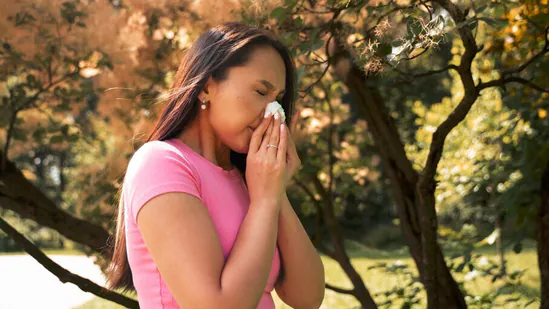If you have noticed your seasonal allergies worsening year after year, you are not alone. New research shows that climate change is lengthening pollen seasons and causing higher pollen counts that result in more severe allergy symptoms for many people.
Across the US and other parts of the world experiencing temperature increases, plants are releasing pollen over a longer timeframe each spring as warmer weather arrives earlier. One study found pollen seasons now begin three weeks prior compared to 30 years ago. Grass, trees and weeds are also generating more pollen overall.
This pollen overload has substantial health and economic consequences. More people are suffering from sneezing, congestion and other allergy issues that last far beyond a few weeks in late spring. For those with asthma, the added respiratory irritation can even lead to hospitalization. Healthcare costs and lost productivity are both on the rise.
Experts advise people to prepare for longer pollen seasons through preventative treatment with over-the-counter or prescription medication. Starting these medications before symptoms start each year provides the best relief. Other tips include limiting time outdoors, especially early in the season when pollen counts peak, as well as showering and laundering exposed clothing after going outside.
Addressing climate change could help ease worsening allergies going forward. Efforts to reduce temperature rise would slow plant responses producing excess pollen. Local governments should also expand pollen monitoring networks and carefully select urban tree varieties less likely to trigger allergies. Taking steps now could lessen the health toll as seasonal allergies intensify alongside a changing climate.





